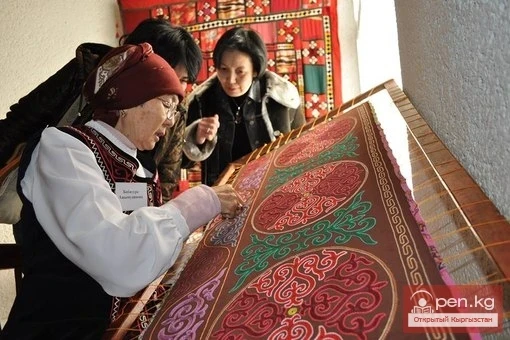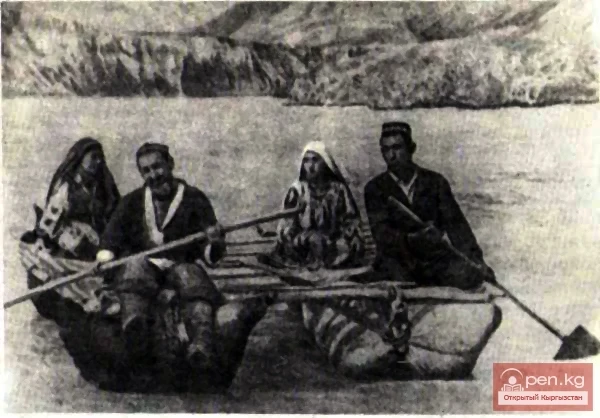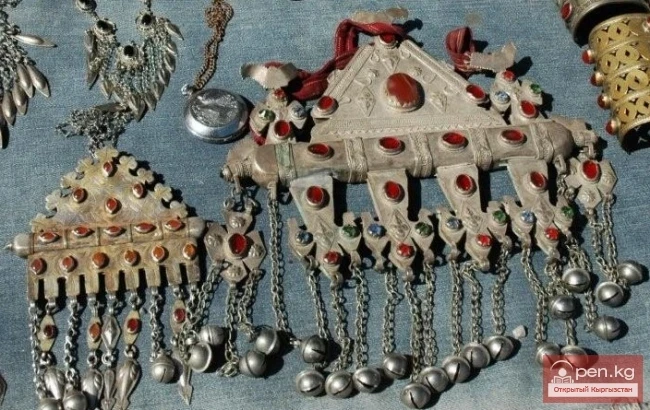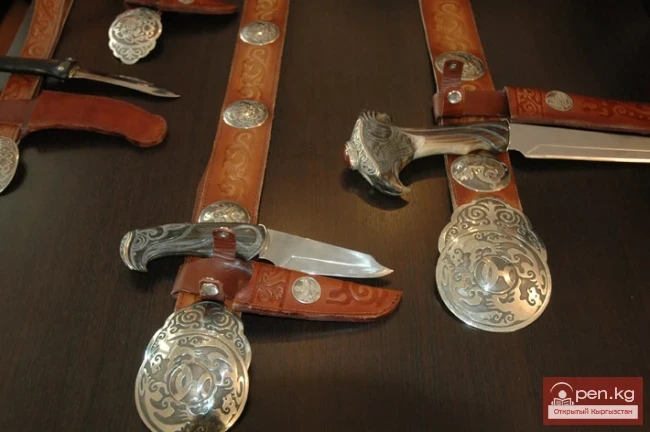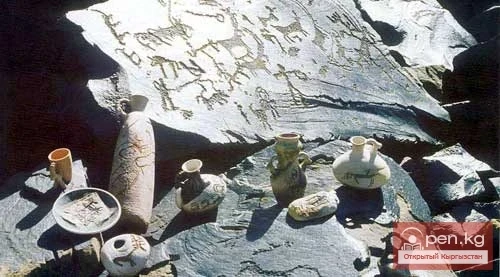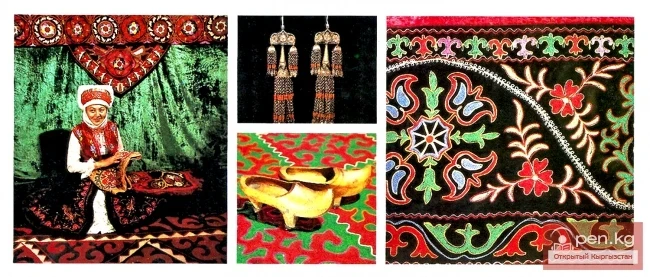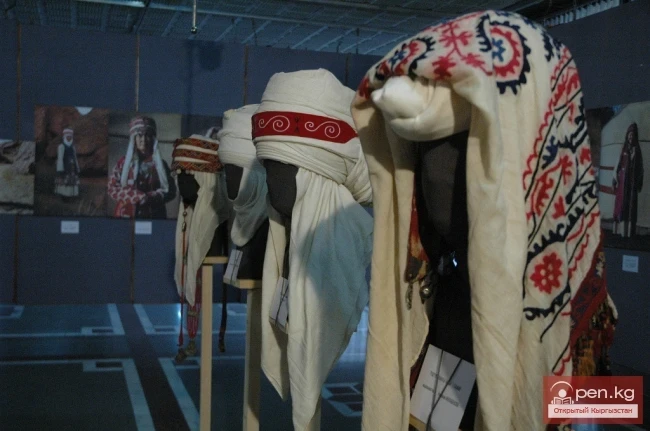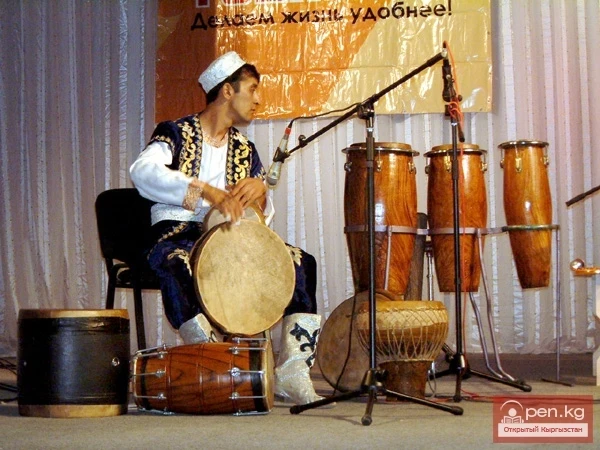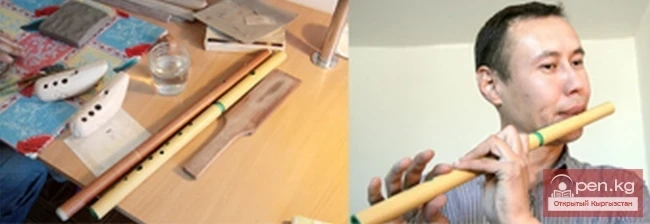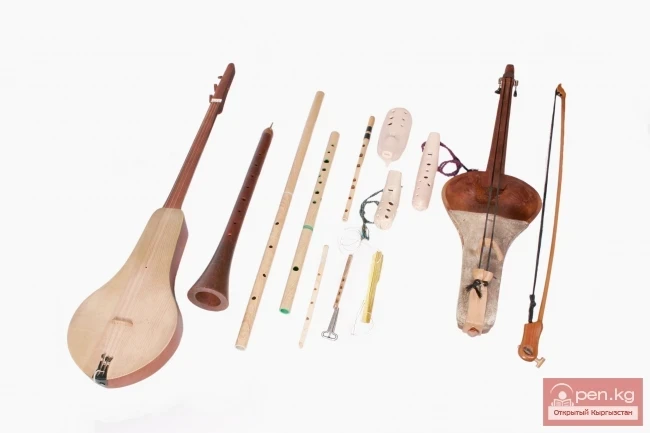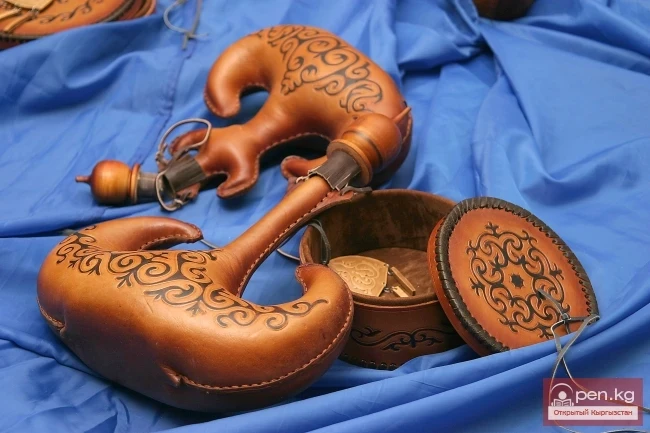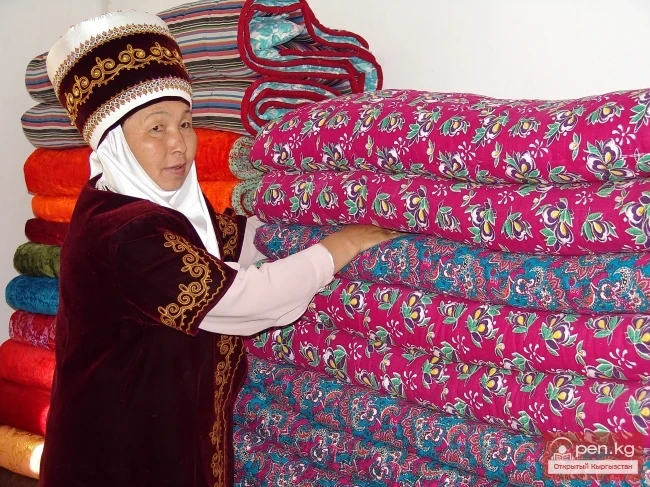
Home Productions, Crafts, and Artistic Activities of the Kyrgyz People
Domestic production among the southern Kyrgyz in the last century, especially in the first half, played an important role. A significant portion of the population engaged in livestock farming had a natural economy at its core, and almost all necessary household items were produced domestically. The production was based on the use of both livestock raw materials and materials sourced from nature. The only purchased material was metal (silver, iron).
